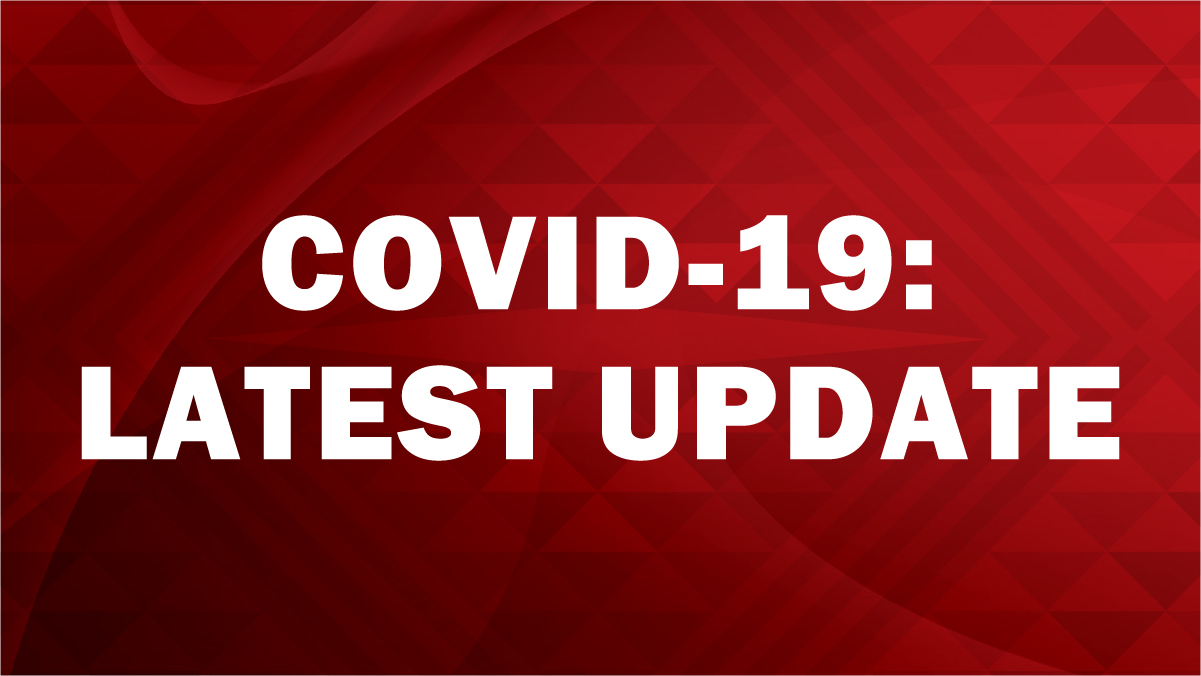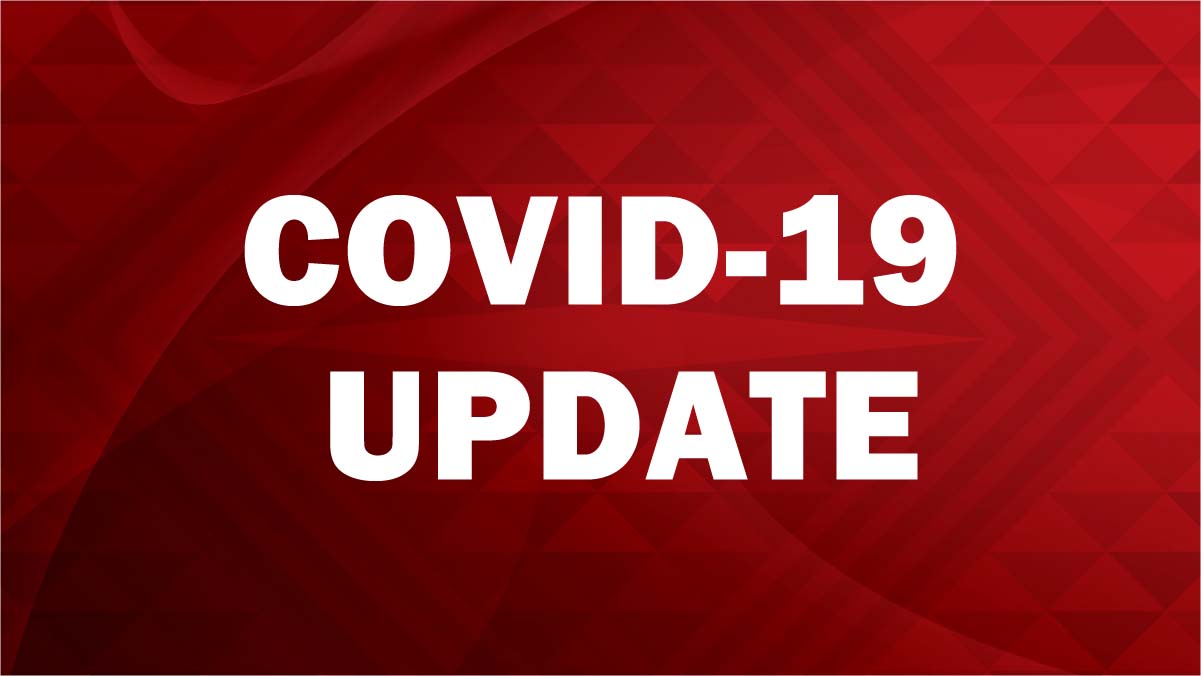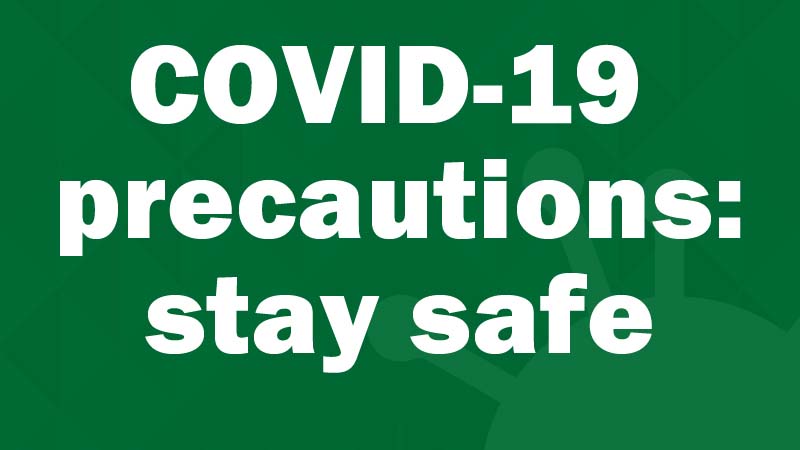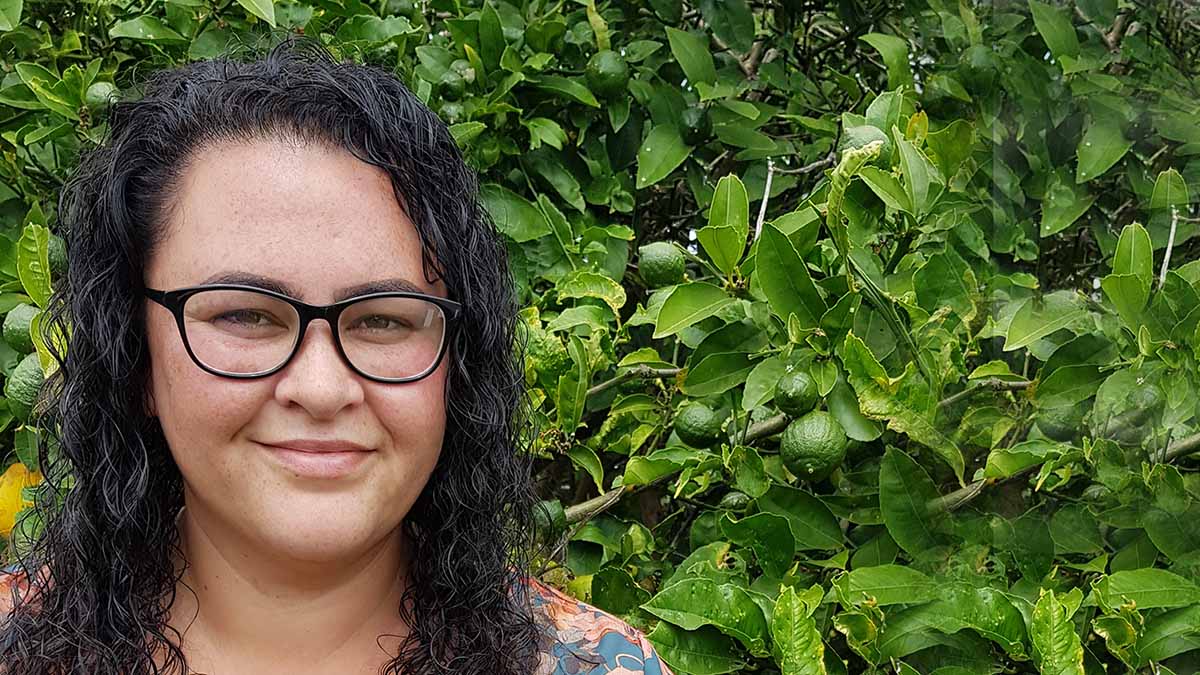COVID-19 response: Saturday 21 March 2020
Update on COVID-19:Awanuiārangi suspends on-site teaching on all campuses for one week from Monday 23 March 2020
Urgent message from Professor Wiremu Doherty, Chief Executive of Te Whare Wānanga o Awanuiārangi
Following the latest developments regarding COVID-19, and to ensure we are fully prepared should the Government require us to close our campuses, Te Whare Wānanga o Awanuiārangi has made the decision to suspend all onsite teaching and assessments across all campuses for one week, as of Monday 23 March, while plans are consolidated for alternative delivery.
We are focused on getting the right planning, systems and processes in place to ensure we can continue to deliver teaching and learning should the situation escalate.
This means that no classes will be conducted during the one-week suspension. Our teaching staff will instead use the coming week to focus on establishing best practice to teach remotely, so that we can provide an effective online teaching experience for our tauira.
The information in this pānui relates primarily to academic staff, but we are also asking administration staff to follow the same principles – if you can work from home next week you should. Information around work arrangements will be managed through your line managers.
We currently already have noho already scheduled to take place via Zoom. Details for this remain the same as communicated to you previously.
Further updates will be communicated to tauira and kaimahi on Wednesday 25 March.
Why do we need to take these measures?
The Government today announced that while COVID-19 is currently contained in New Zealand, the risk for community transmission is growing. Read the full update from the Government here.
So, while we need to be practical and sensible about changes to how we conduct teaching and learning, these are unprecedented times and we need to respond quickly and adapt to the current situation.
These measures are important to slow down and ultimately stop the spread of the disease. Slowing down the spread of the disease is vital to protect people’s health and to ensure our health system can cope and look after New Zealanders that become sick.
Alternative ways to work during this time
We need you to work and study from home if you can.
Decisions will made over the coming days about further changes to delivery of classes. Any updates will be communicated to tauira and kaimahi. Kaimahi, through their line managers, will be included in finding alternatives to delivery.
On Thursday 19 March we trialled a full closure of ourTāmaki campus. This went well. We also trialled delivery of our Professional Doctorate and Bachelor of Humanities programmes over this weekend and the Bachelor of Education is being trialled online as of Monday 23 March.
What our kaimahi need to do:
- Please work from home if you can.
- Contact us on COVID-19@wananga.ac.nz to let us know if you are working from home or to provide any updates relating to COVID-19.
- Keep your physical distance from others.
- Don’t come to work if you’re unwell.
- Maintain high levels of hygiene everywhere. Follow all the precautions advised by the Government and Ministry of Health.
- Tell tauira (and their tamariki), visitors, contractors, anyone who may be coming to campus, not to come to campus.
- Phone Employee Assistance Programme on 0800 EAP NOW (0800 327 669) if you need support. Go to Home | EAP Services Limited for further information.
What our tauira need to do
- Stay home – no classes will be conducted on-site, on campus.
- If you were scheduled to have classes onsite this week, contact your kaiako to confirm that your classes during the week commencing 23 March are suspended. Contact us on ssc@wananga.ac.nz if you have any concerns relating to COVID-19.
- Keep your physical distance from others.
- Don’t come to campus.
- Maintain high levels of hygiene everywhere. Follow all the precautions advised by the Government and Ministry of Health.
Spark, Vodafone and 2Degrees have announced initiatives for working from home that will allow people to continue working online as much as possible. See links below:
- Spark's response to the coronavirus/COVID-19
- Remote working, our people and business continuity - Vodafone NZ
- 2Degrees confirms IT support of customers
Please contact your own provider for more details. If you are with other providers, we encourage you to do the same to see what they’re offering.
Current situation
- 52 confirmed cases in total
- Government has announced a four-level COVID-19 alert system:
- Level 1 – Prepare: Disease is contained
- Level 2 – Reduce: Disease is contained, but risks of community transmission growing
- Level 3 – Restrict: Heightened risk that disease is not contained
- Level 4 – Eliminate: Likely that the disease is not contained
- New Zealand has been moved up to COVID-19 alert Level 2 (reduce contact)
https://covid19.govt.nz/assets/COVID_Alert-levels_v2.pdf
- Those over 70 and those with certain medical conditions told to stay at home as much as they can to reduce risk of contact with the virus.
- Workplaces are to rollout plans to reduce person-to-person contact, including working from home wherever possible
- Non-essential domestic travel to be limited wherever possible.
- From 11.59 pm on 19 March 2020, only New Zealand residents and citizens (and their children and partners) are permitted to enter New Zealand and must self-isolate for 14 days.
- Mass indoor gatherings limited to 100.
- To see Prime Minister Jacinda Ardern’s statement to the Nation 21 March 2020 and to keep up-to-date with the Government’s response to COVID-19, go to https://covid19.govt.nz/.
Graduation
- The 2020 Graduation remains postponed to Friday 2 October 2020. Further information has been sent to tauira regarding options for graduating in absentia or in person.
Stamp it out, slow it down: Below are the precautions we urge everyone to take to keep everyone safe.
- Practice good hand hygiene
- Wash your hands regularly – 20 seconds with soap and water
- Cover your coughs and sneezes
- Call the dedicated COVID-19 Healthline number for advice if you have flu-like symptoms: 0800 358 5453
- Self-isolate if you have returned from overseas
- Self-isolate if you have flu-like symptoms
- Register with Healthline 0800 358 5453
- Keep your distance from others – 2 metres.
- For comprehensive and up-to-date information about self-isolation go to COVID-19 – Self-isolation | Ministry of Health NZ and the Government website: https://covid19.govt.nz/
- If you have any concerns or questions, email: COVID-19@wananga.ac.nz (kaimahi) or ssc@wananga.ac.nz (tauira).
- Please make sure you have provided us with your current mobile number and email address. We will need to be able to contact you if there is any COVID-19 related emergency, in particular if we need to contact trace.
- Please continue to follow the Awanuiārangi website and Facebook page for all the latest updates.
Further information on COVID-19
Below is some key information about COVID- 19 and how to protect yourself and others.
For all information, visit: https://covid19.govt.nz/
How it spreads
COVID-19 can be transmitted from person to person through droplets. When an infected person coughs, sneezes or talks, they may generate droplets containing the virus. Large droplets will quickly on surrounding surfaces.
Droplet-spread diseases can be spread by:
- coughing and sneezing
- close personal contact
- contact with an object or surface with viral particles on it and then touching your mouth, nose or eyes.
Prevention - how to protect yourself and others
You can take some simple steps to help stop the spread of diseases like COVID-19.
- Avoid close contact with people with cold or flu-like illnesses.
- Cover coughs and sneezes with disposable tissues or clothing, or cough into your bent elbow if possible
- Wash hands for at least 20 seconds with water and soap and dry them thoroughly:
- before eating or handling food
- after using the toilet
- after coughing, sneezing, blowing your nose or wiping children's noses
- after caring for sick people.
Below are two videos on correct hand washing technique and coughing etiquette.
If you have any questions, please call Healthline on 0800 358 5453. It's free and available 24 hours a day, 7 days a week. Note, Healthline's main number for non-coronavirus health concerns is 0800 611 116. These contact numbers will connect you to professional health advice and information.
Other useful resources include:
Whakapā mai
Contact us for any concerns
COVID-19 Response for Kaimahi
- Email: COVID-19@wananga.ac.nz



